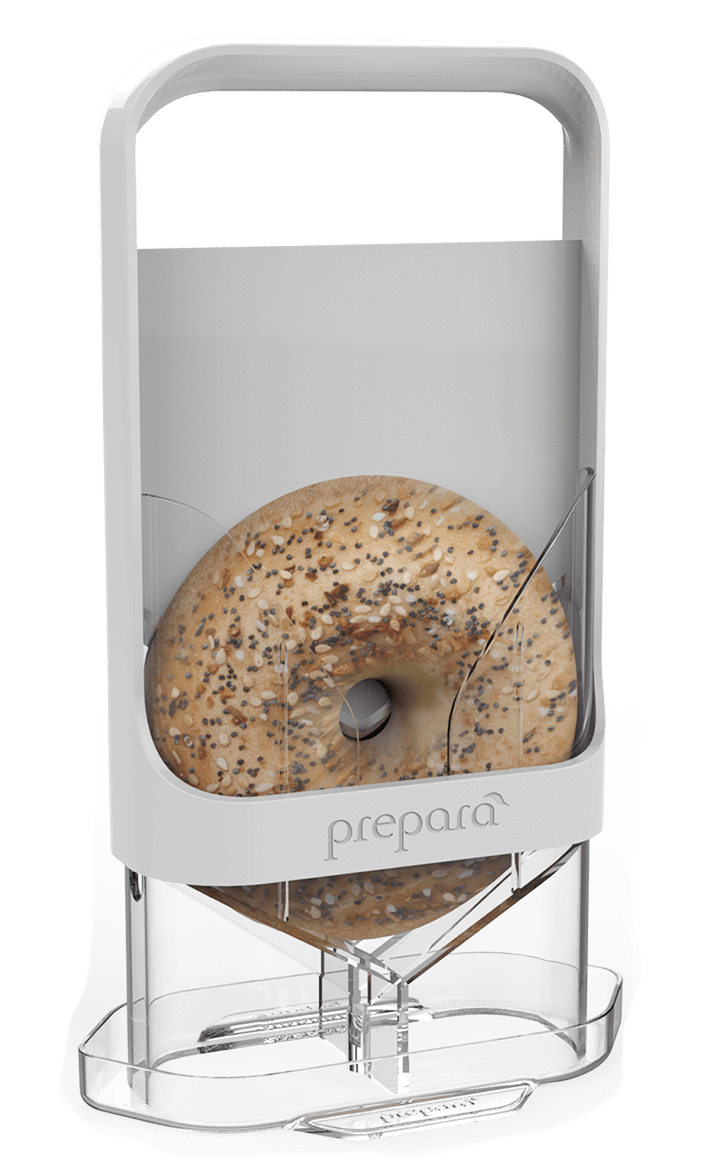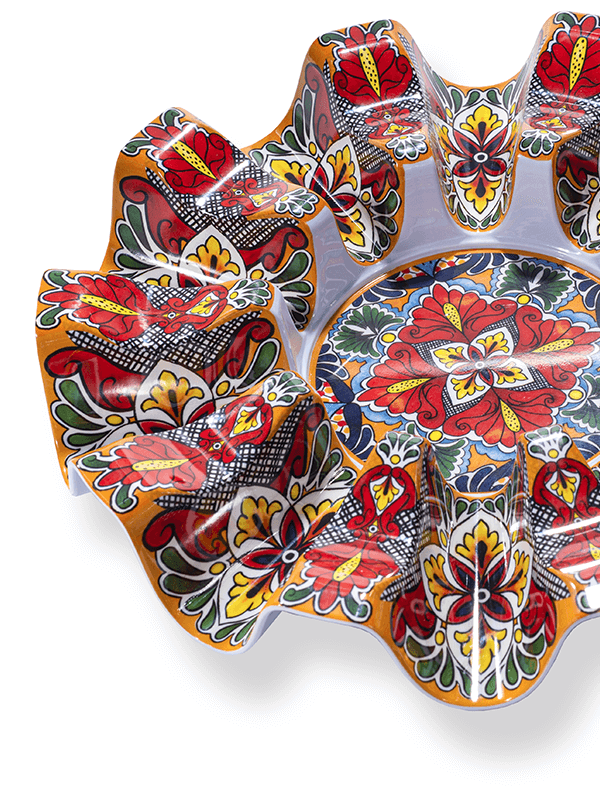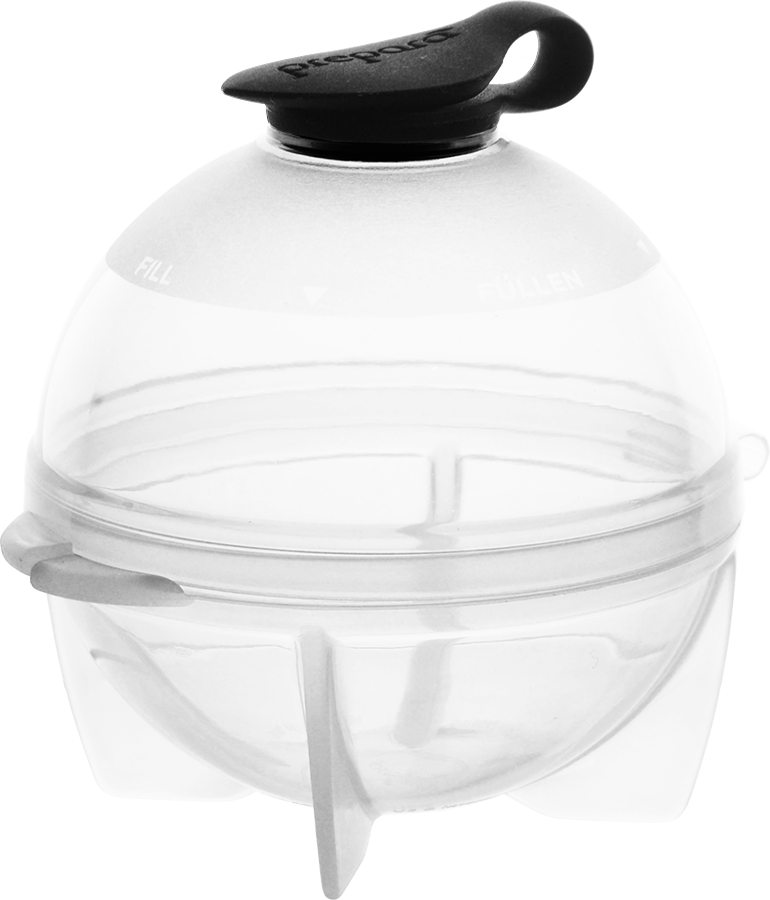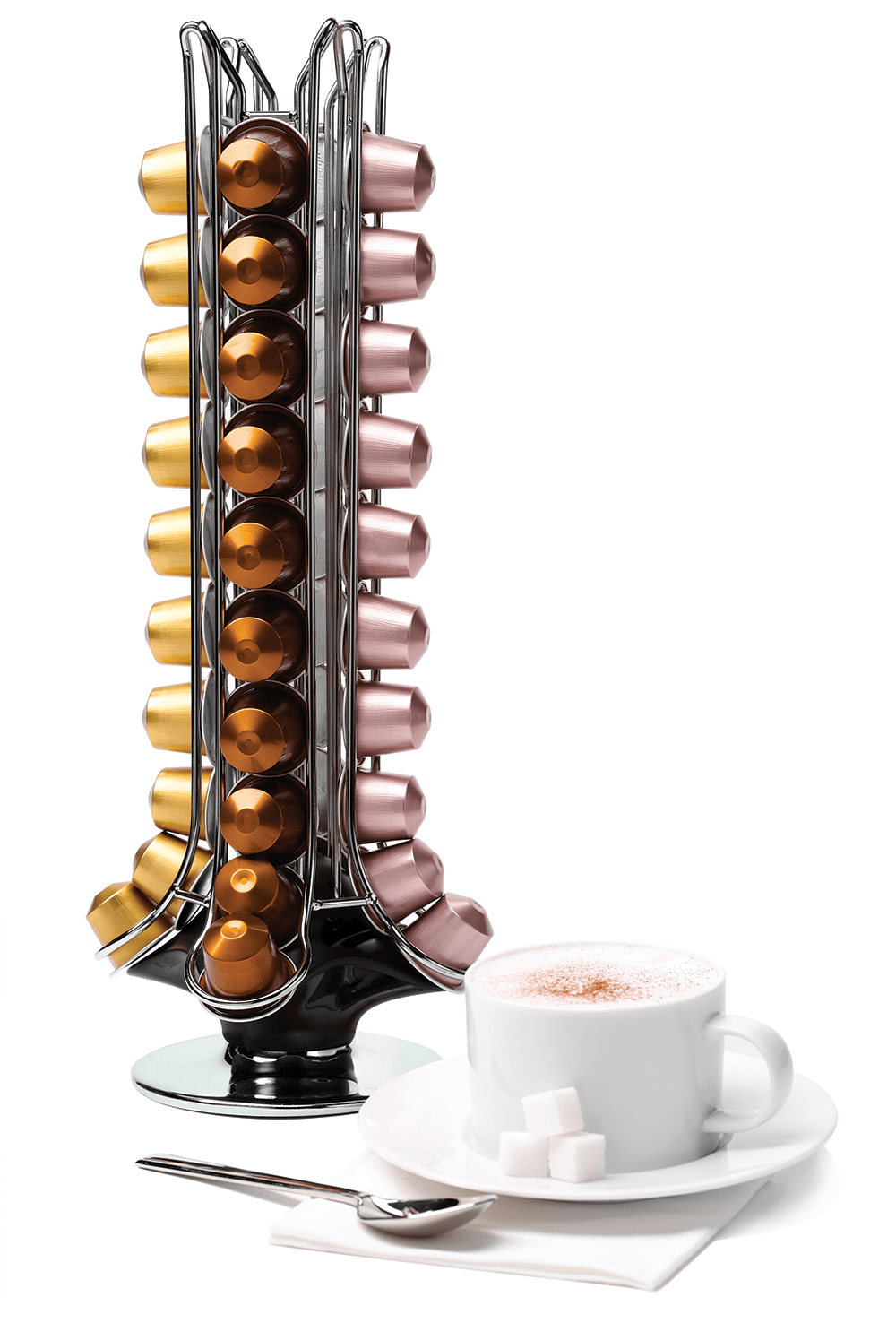What is the Microbiome?
You may have heard about bad bacteria and good bacteria if you've ever had to take antibiotics or been hanging around the internet lately. Bad bacteria make you sick, and good bacteria make you healthy. Poor gut function is at the root of many chronic conditions, including Crohn's disease, diabetes, inflammation and poor immune system function. The balance of bacteria and other organisms in your body is called your Microbiome.
According to Microbe Formulas, “your microbiome is a collection of bacteria in your intestines that influences everything from metabolism and immune system to moods and behaviors. When your microbiome is balanced, you are balanced.” Harming the good bacteria in your gut or wiping them out can have severe consequences for your health and some foods are doing that right now.
Sugar

Sugar is a lot like smoking in that it offers little to no benefits to your health whatsoever. It expands your waistline, messes up your pancreas and rots teeth. The microbiome is made up of good bacteria and bad bacteria. Ideally, the good bacteria should outweigh the bad by about six times. Foods classified as prebiotics feed good bacteria and allow it to thrive. Sugar feeds bad bacteria, and when they get strong and multiply enough, you begin to feel sick, sluggish and unhealthy. Sugar in all its forms feeds bad bacteria: brown sugar, white sugar, and high fructose corn syrup. Sweeteners like honey and small amounts of dark chocolate feed good bacteria, so it is a safe way to satisfy your sweet tooth.
Processed Food

Fried foods and processed junk are bad for your microbiome in the same way as sugar; it feeds bad bacteria that eventually makes you sick. Also, eating a decent amount of fried and processed food wipes out bacteria species in the gut. The more species you have, the more your immune system will flourish. So wiping out whole colonies is never a good idea. Not to mention that fried foods also often lead to heart problems and artery blockage. Enjoying oven-baked foods instead of fried ones is usually a great substitute or even changing oils in frying to healthier versions like coconut oil and olive oil.
Gluten
Most people know someone who's hopped on the gluten-free bandwagon recently, but more people should be doing it for their gut health. Gluten is a protein found in wheat and grains that breaks down in the stomach and keeps the intestinal walls loose and weak. When intestinal walls become compromised, foreign substances leak into the bloodstream and cavities of the body where they are treated as invaders and attacked by the body's immune system. This autoimmune response leaves you vulnerable to other diseases, infections, and immunity problems. Try to limit your intake of gluten to around two times a week or start trying a grain free option.
Soy
Soy is often touted as a health food and a very common substitute for meat if you're vegetarian or vegan. When appropriately prepared and fermented, soy is healthy. But most soy Americans eat is chemically modified and kills good bacteria in the gut. It is difficult to digest and leads to gas, bloating and other problems when it hits the intestines. It also plays with the thyroid and estrogen levels which is never a good thing. Hormone imbalance can lead to a host of problems including weight gain and even certain cancers.
Red Meat and Farmed Fish
Red meat in large quantities isn't good for you anyway because it increases the risk of heart conditions and colon cancer. But meat and fish that are farmed and processed in the United States are often done cheaply with questionable results at best. Livestock and fish are often given antibiotics in their food to fight off diseases. But these antibiotics make it into our systems after being eaten, and they wipe out colonies of bacteria. Not only this but too much red meat can feed bad bacteria and overwhelm the good ones. To cut down on this problem, you must only eat high-quality organic animals who have fresh food to eat and room to roam.
GMO Foods

GMO's or genetically modified organisms are food that has been chemically altered in their very DNA. This modification is done to grow food cheaply and quickly, but it has adverse effects on human digestive systems. Humans cannot digest GMO's, and they kill off good bacteria colonies, allowing for the growth of harmful bacteria and fungus. GMO's are in a lot of modern food products, so going organic and reading labels carefully are the only ways to avoid them.
Eggs
Eggs that are responsibly produced are an excellent source of protein. But most eggs are from chickens that are fed antibiotics, which makes it into the eggs and human digestive systems. Look for free-range organic eggs that come from healthy chickens.
Dairy
Dairy is on the list for the same reason as eggs. Many farmers give antibiotics to cows which transfers to the milk and cheese they produce. The antibiotics wipe out bacteria colonies in the gut which threaten the immune system. Organic, unsweetened yogurt is a great prebiotic that feeds good bacteria but must be organic, or it will work against itself and you.
Tap Water
Tap water is treated with chemicals like chlorine and fluoride to get rid of bacteria that may make people sick. The catch is that it also kills bacteria in the intestines, which leaves you vulnerable to harmful bacteria and fungal take-overs. Always go with filtered water or buy a reverse-osmosis water filter to get the bugs and chlorine out of your drinking water.
Alcohol

Alcohol is on this list for the same reason as sugar because that is what alcohol is. When alcohol hits the digestive system, it breaks down into sugar and causes the same adverse effects as all other sugars do. The harmful bacteria get fed and are in a better position to take over the intestines, making you sick. Alcohol should be limited to a small amount if not given up entirely.
What You Can Eat
This list may seem like a long one that includes a great many products, and it is. However, there are still plenty of foods that don't contain bacteria-killing ingredients that will lead you to better health. These are organic lean proteins like chicken, turkey, and fish. Fresh fruit, vegetables, beans, and nuts are also on the good list. Natural sweeteners, dark chocolate, and organic yogurt are also good for your gut. Check labels and online for fresh foods that are processed responsibly, and your microbiome will thank you.




















